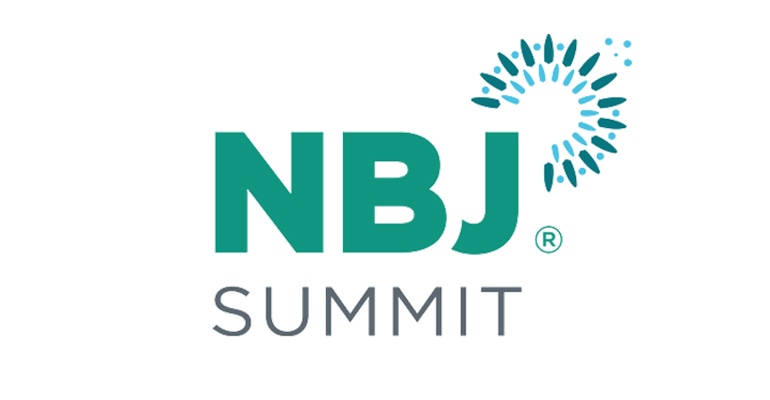
The American economy may already be in a recession, with a rough 2023 on its way, but the supplement industry should be “recession resilient,” economist Anirban Basu told attendees at a virtual preview of this week's NBJ Summit.
Basu describes two factors as supporting the industry’s resilience. The first is that dietary supplements offer a low-priced luxury of sorts. When the big ticket items like expensive vacations and cars slip out of reach, people reach for items that give them positive feelings but don’t cost as much. “They tend to spend more on goods that they can afford that make them feel good about life, lipstick, chocolate, vitamins, other supplements," Basu says.
The second factor that will keep people buying supplements as the economy tightens, he explains, is the timing. The recession is following a worldwide pandemic and consumers could be worried about monkey pox and whatever the next pandemic might be. Consumers could be thinking, “I need my immune system to be very, very strong and this world is changing—all these diseases, all these conditions are coming at me. I need to take care of myself during this period.” That’s a powerful driver. Basu says. “And so I think that in fact, supplements and nutrition generally will be really recession resistant this time around.”
Similar factors may be at work in China, an increasingly important market for supplement brands—and the focus on consumers will help drive sales, Basu says.
“The model in China has been that [they're] going to move from a manufacturing- and export-oriented economy to one that's based more on consumer spending, and this has, of course been very good for the nutritional supplement industry.” The second factor is the same as he predicts for American consumers: the pandemic. "I think they're very much focused on health like everybody else. COVID-19 is very scary. They've been pursuing this zero-COVID policy. And so consumer spending has slowed overall, but I think in terms of supplements and nutrition, generally you won't see much evidence of slowing at all,” Basu adds.
Basu’s presentation, which covers a variety of economic topics, is available to all NBJ Summit attendees, virtual and in-person.
About the Author(s)
You May Also Like





